AITA for “double-reporting” an employee (to his boss, and then to corporate) and probably getting him fired?
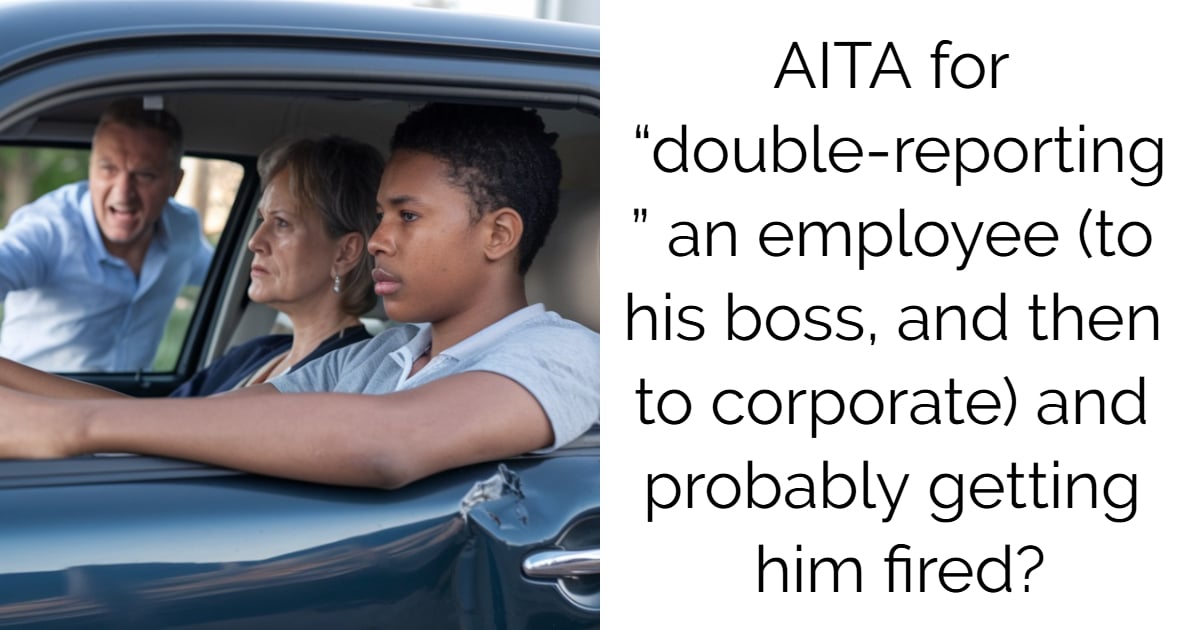
There’s an unspoken rule in life: if you represent a company, you better act like it. But what happens when an employee, while on the clock and in a company vehicle, unleashes an unforgivable racial slur at a child? Should they immediately lose their job, or should they get a chance to reform?
That’s exactly the moral dilemma OP faced after her son was targeted with a r/cial slur by a company driver. She reported the employee, expecting swift consequences. But two months later, she saw a company photo that confirmed he still had his job—leading her to escalate the complaint to corporate headquarters. The question is: was she right to report him again, or was this crossing the line into vengeance?

‘AITA for “double-reporting” an employee (to his boss, and then to corporate) and probably getting him fired?’
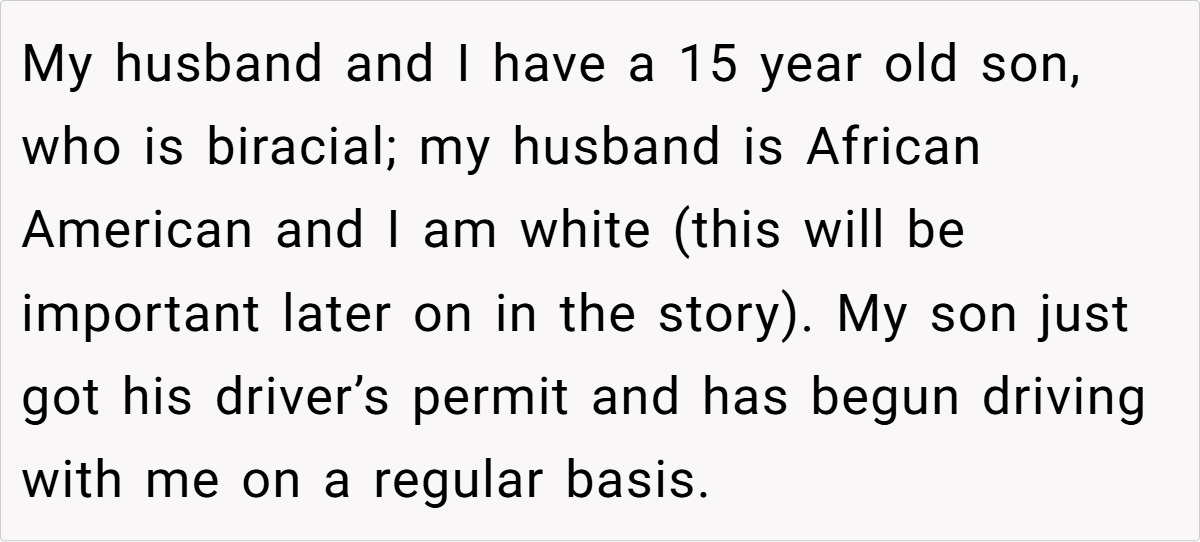
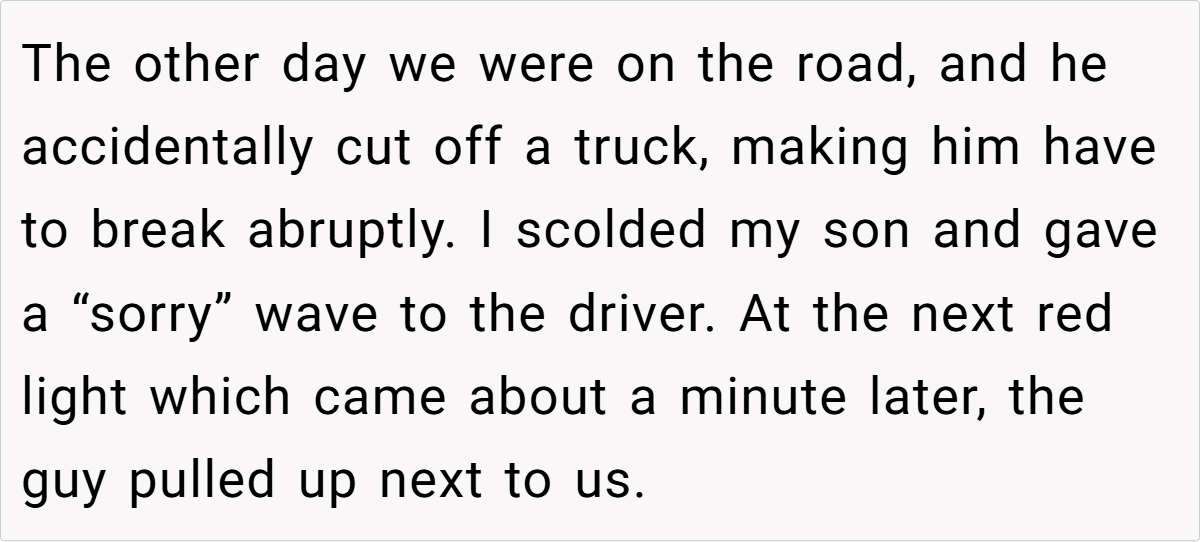
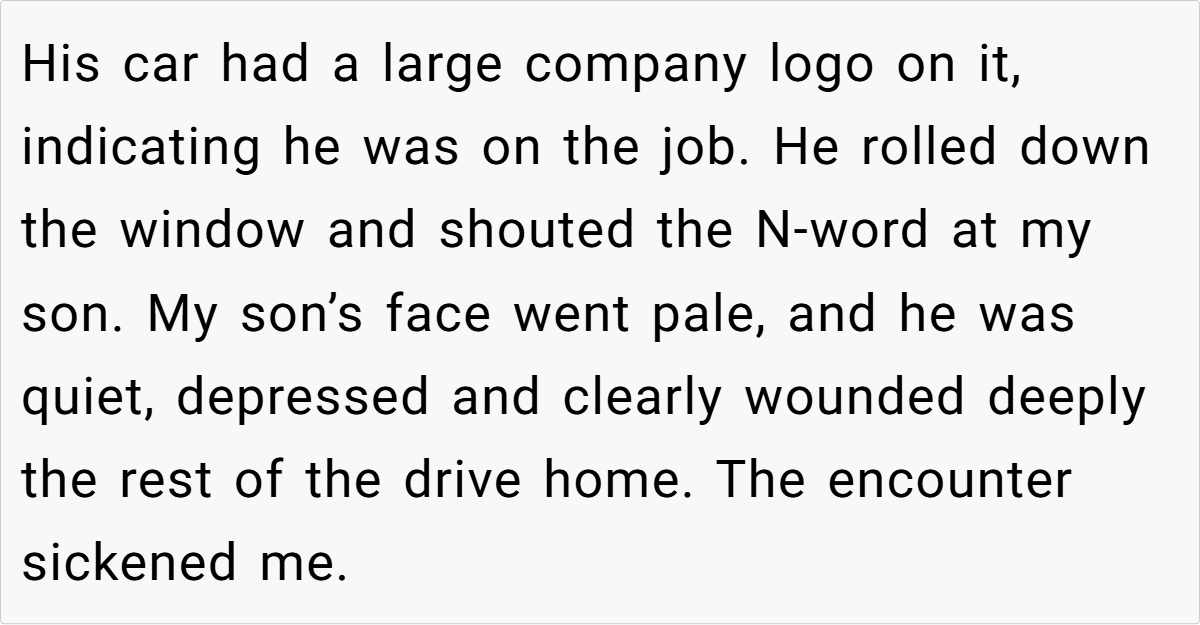
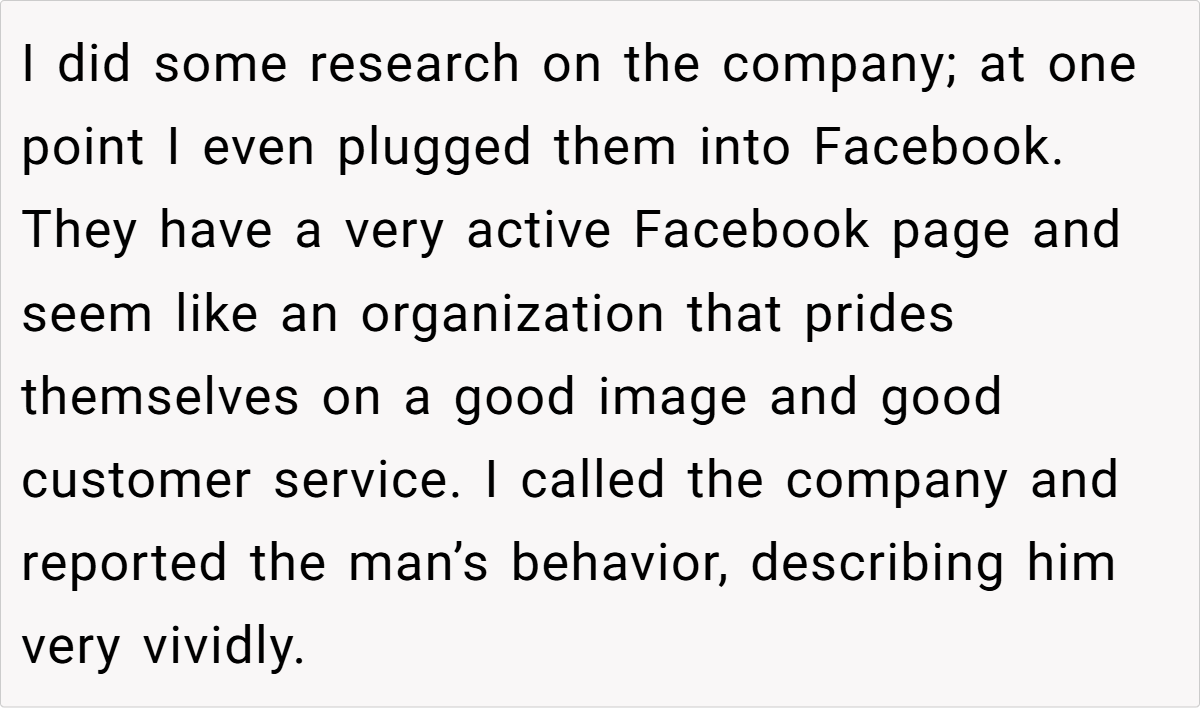
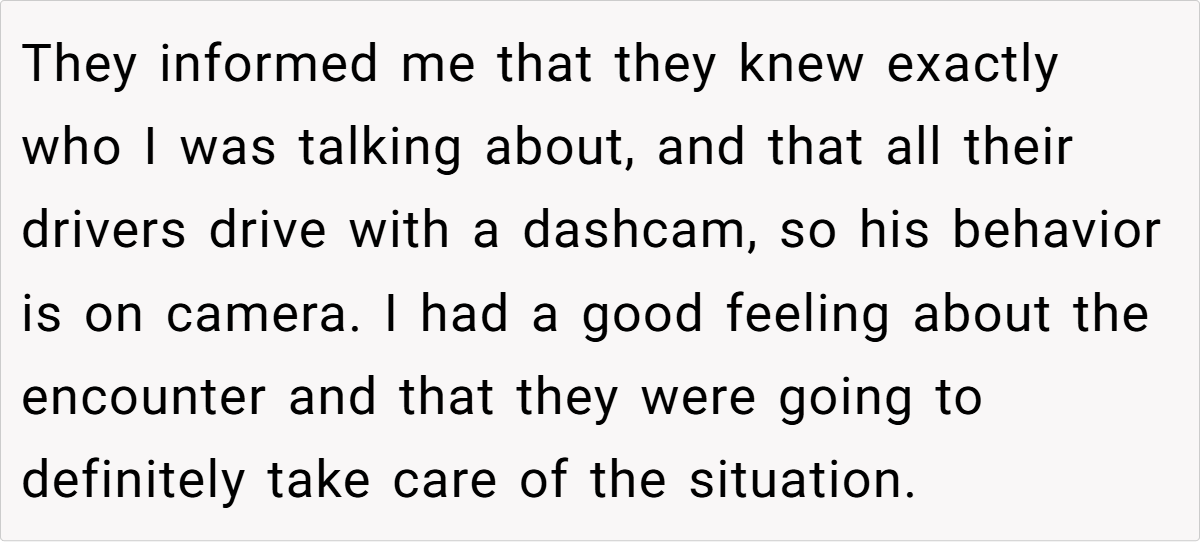
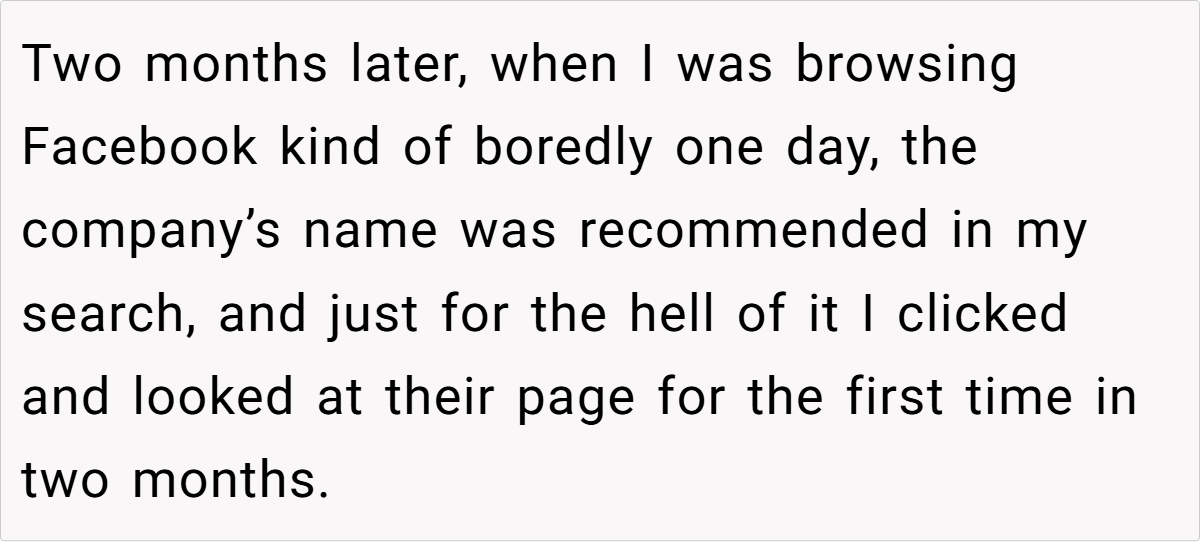
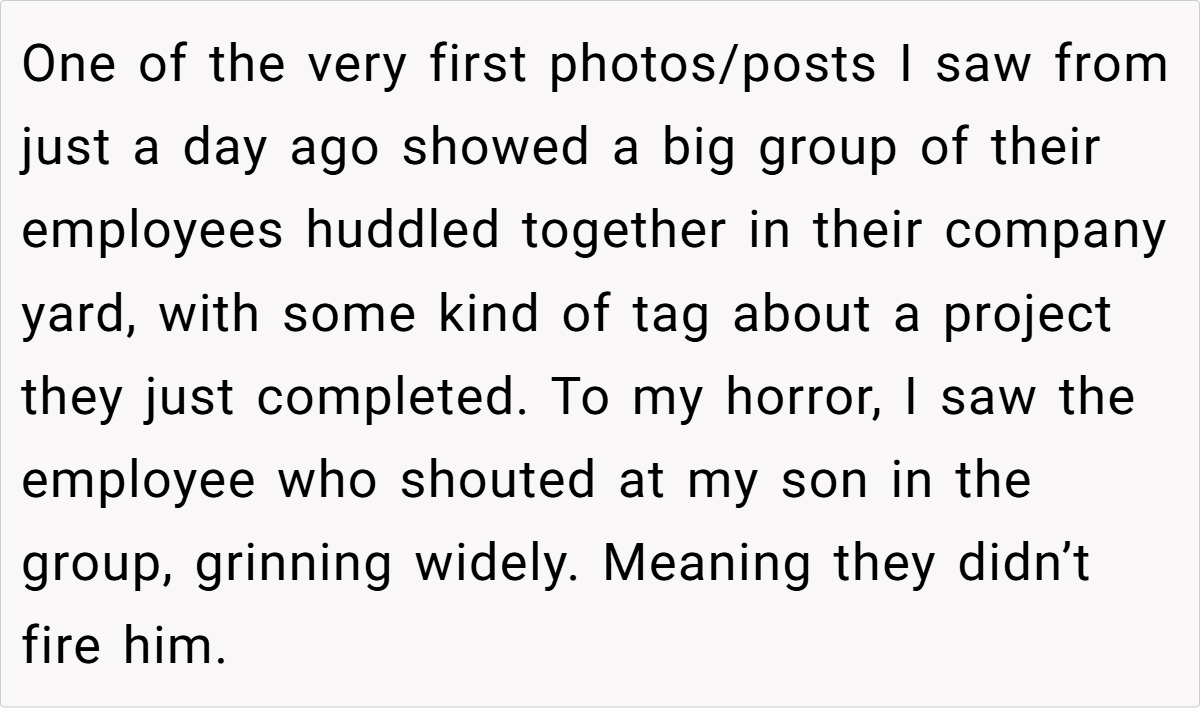
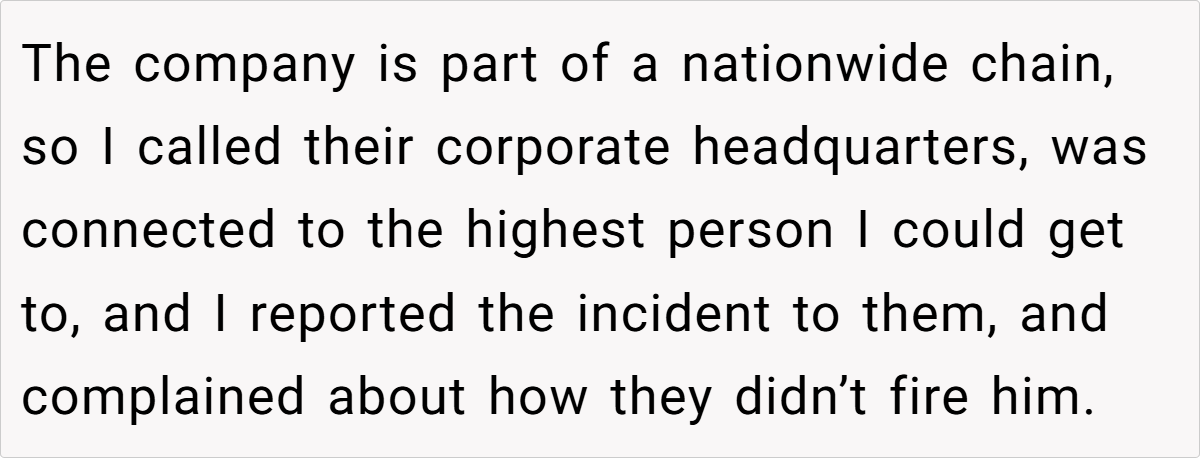

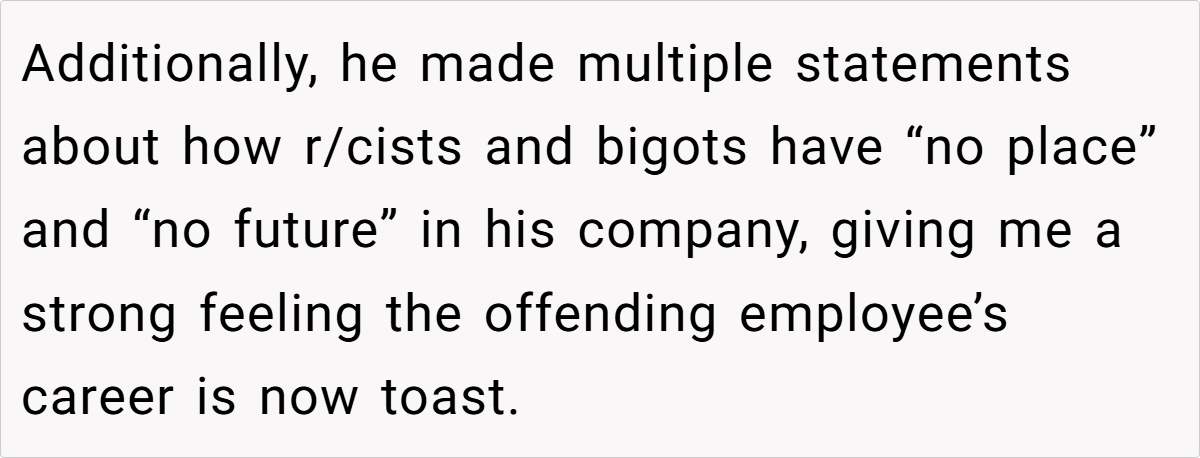
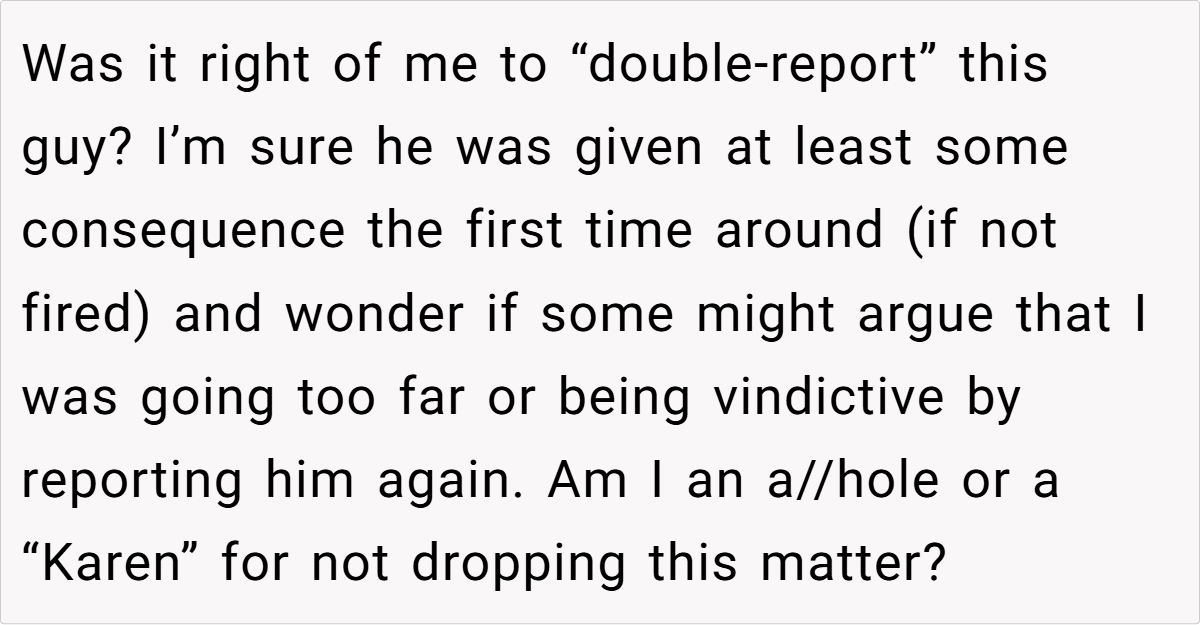
Expert Analysis:
Many companies today follow strict zero-tolerance policies when it comes to hate speech—especially when employees are representing the company in public spaces.
According to the Equal Employment Opportunity Commission (EEOC): “Employers are responsible for ensuring a workplace free from discrimination and harassment, including actions by employees that reflect poorly on the company in public settings.”
By using a racial slur while driving a company vehicle, this employee did more than just offend OP’s son—he tarnished his employer’s reputation. Given that his dashcam likely recorded everything, the company had hard evidence to support disciplinary action.
The Ethical Perspective: Punishment vs. Second Chances
While racism is inexcusable, is it fair to ruin someone’s career over one incident? According to Dr. Michele Gelfand, a psychologist specializing in workplace behavior,
“Punishment should fit the crime, but it should also serve as a deterrent. If an offense is severe enough to cause significant harm, then strict consequences—such as job loss—may be warranted.”
In this case, OP’s first report may have resulted in a warning or disciplinary action, but it’s unclear whether the company took real steps to prevent future misconduct. If they simply ignored it, OP’s decision to escalate makes sense.
How Could OP Have Handled It Differently?
If OP wanted to ensure justice without appearing vengeful, they could have:
Asked for an update on disciplinary action – Instead of jumping straight to corporate, OP could have contacted the local office to check what actions were taken.
Filed a formal complaint with HR – If OP felt the initial response was inadequate, she could have requested further review rather than assuming the worst.
Moved on unless another incident occurred – If the employee showed no signs of repeated behavior, OP could have let the matter rest.
What Reddit Had to Say: Did OP Go Too Far?
The majority believed OP was right to report the employee again, arguing that r/cism, especially in a professional setting, deserves severe consequences. Some felt OP was justified in the first report but not the second, saying that a single mistake shouldn’t cost someone their livelihood.

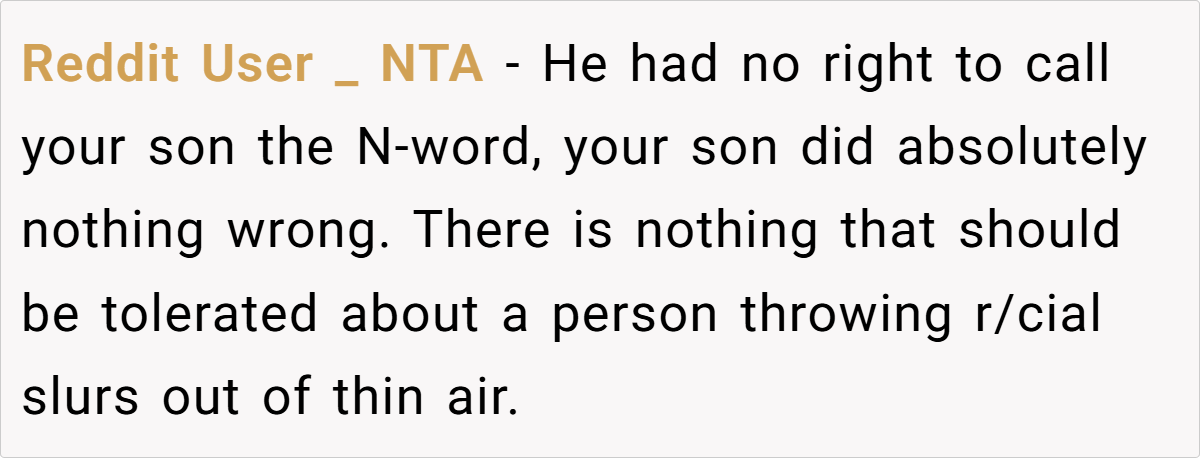

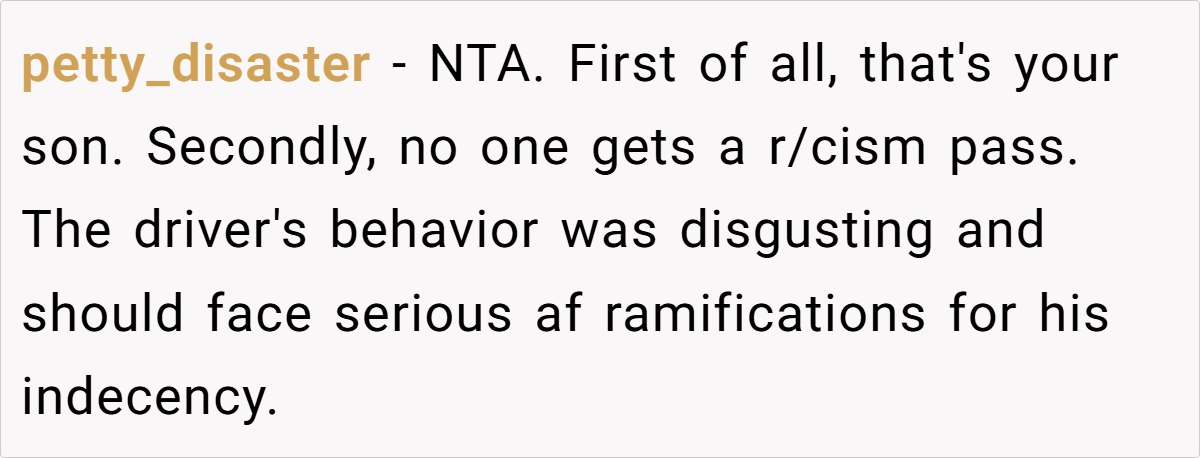

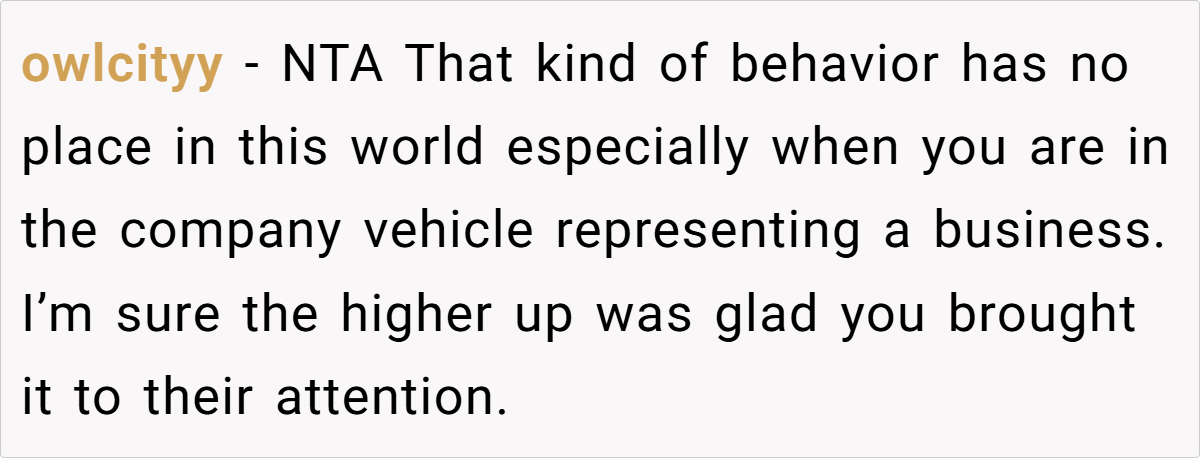
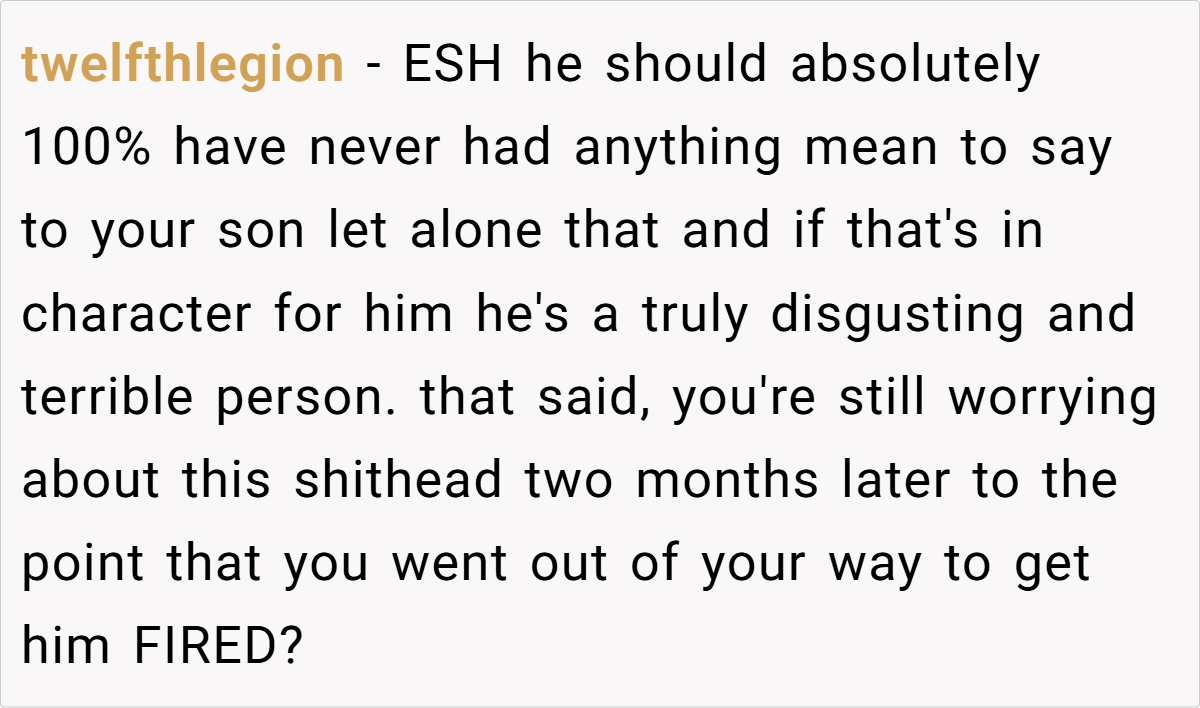
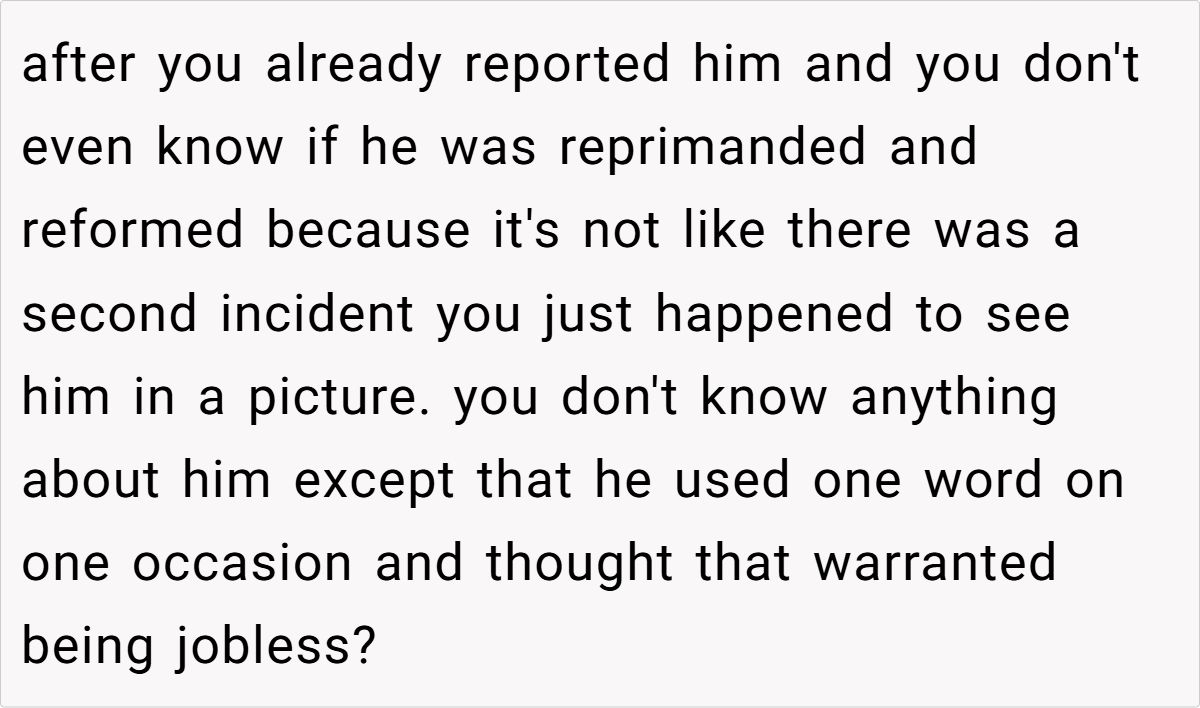
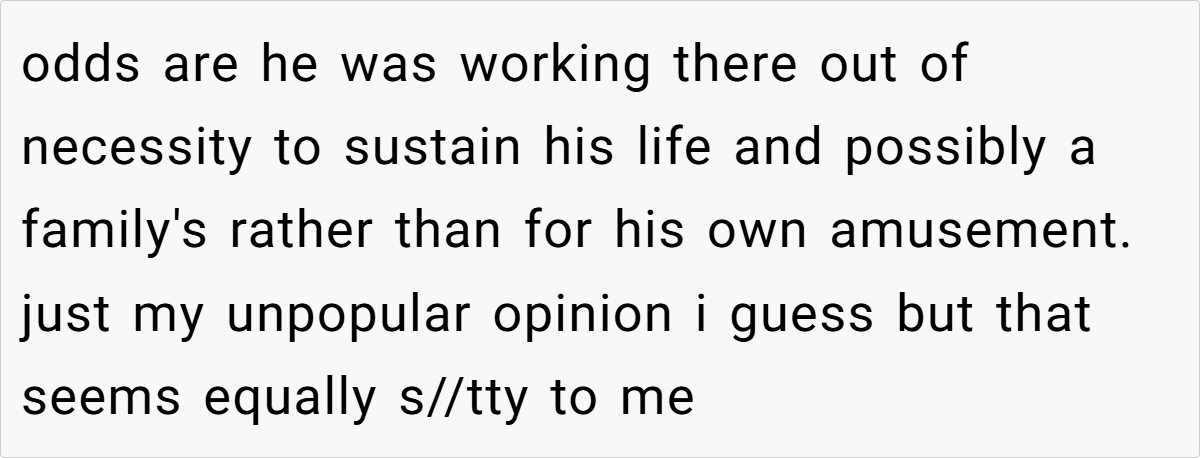

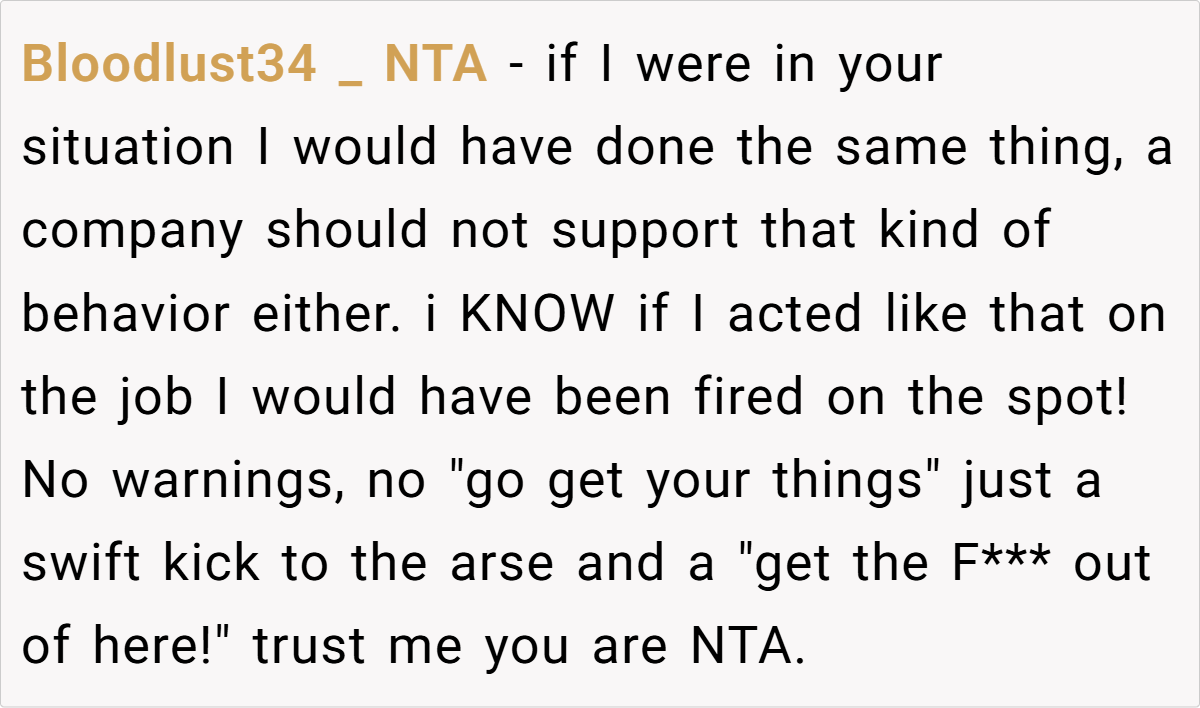
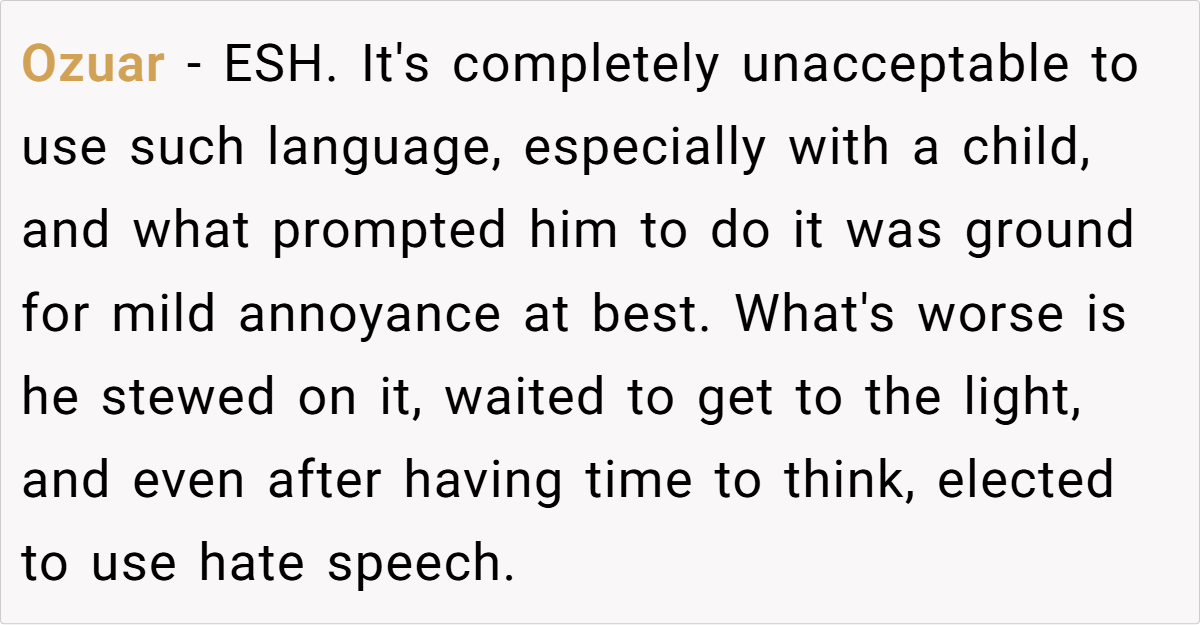


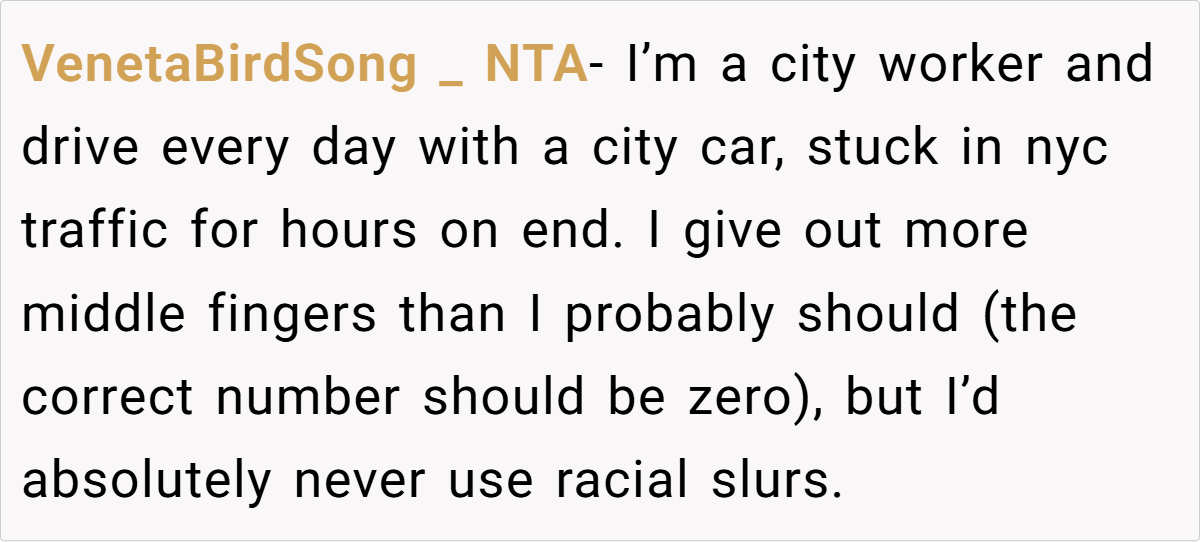

Would you have taken it as far as OP did, or would you have let it go after the first report? Let’s discuss.

